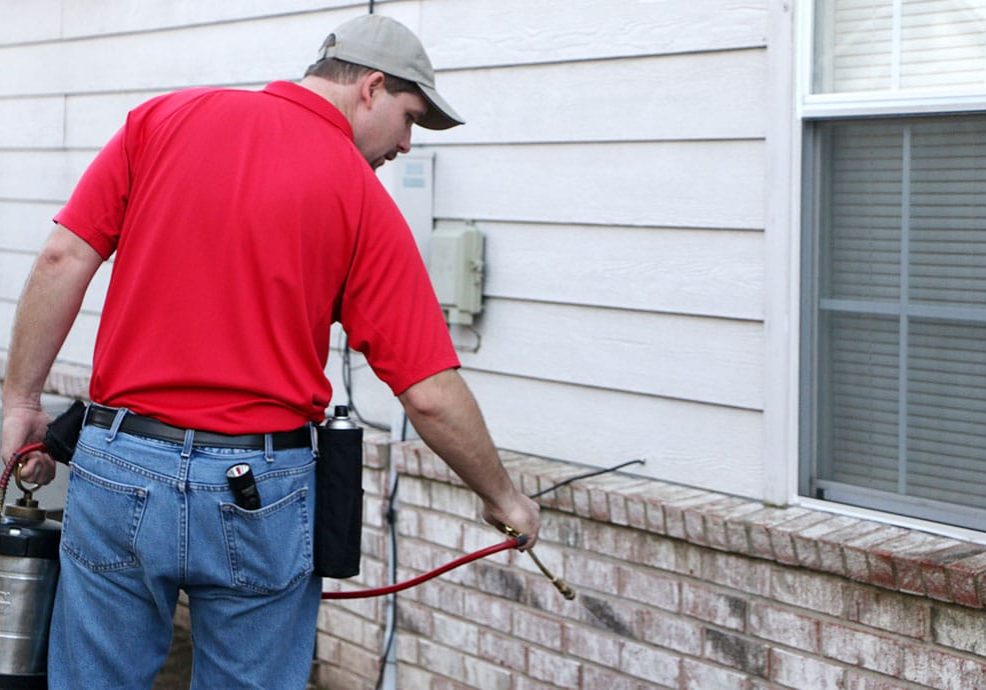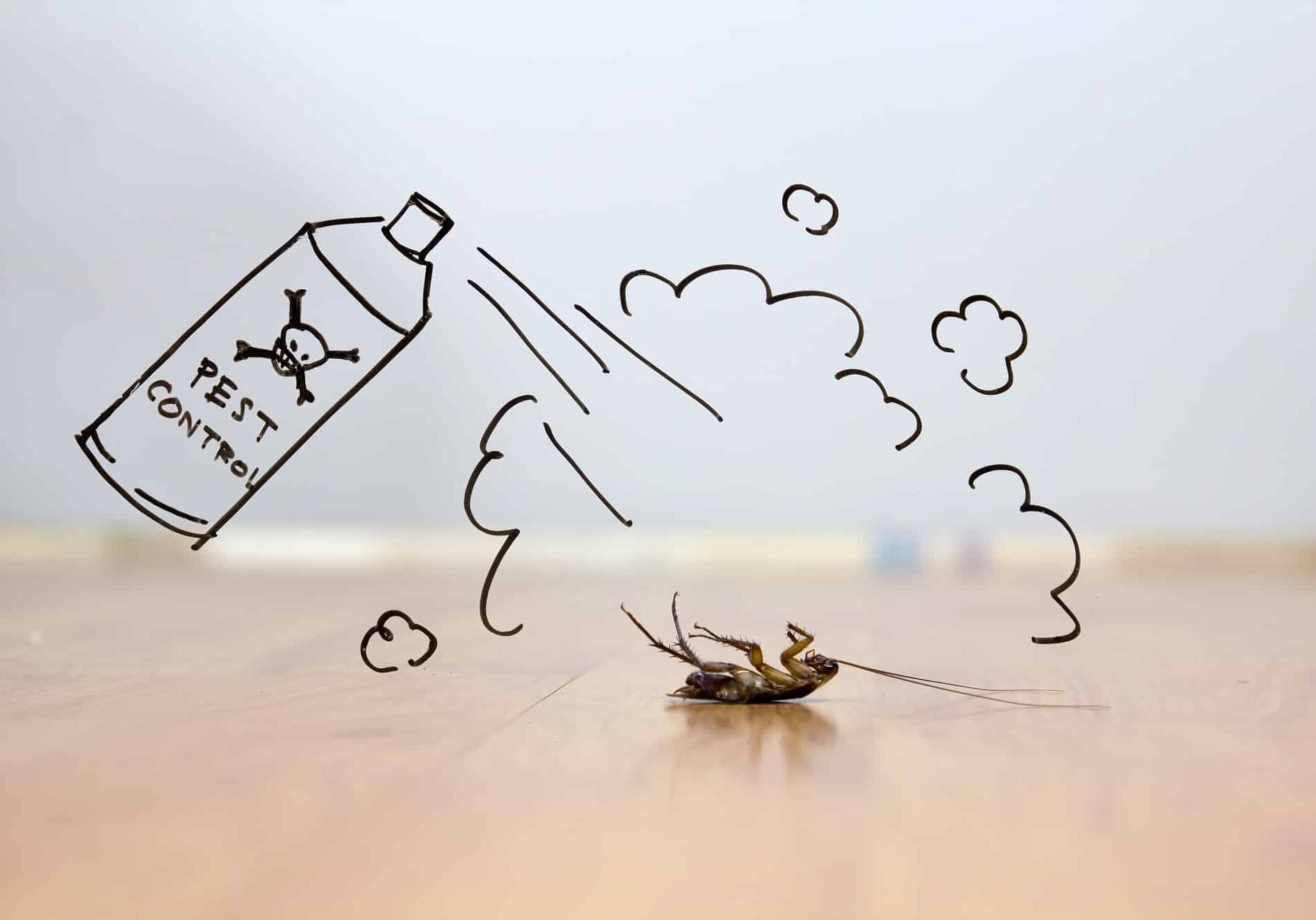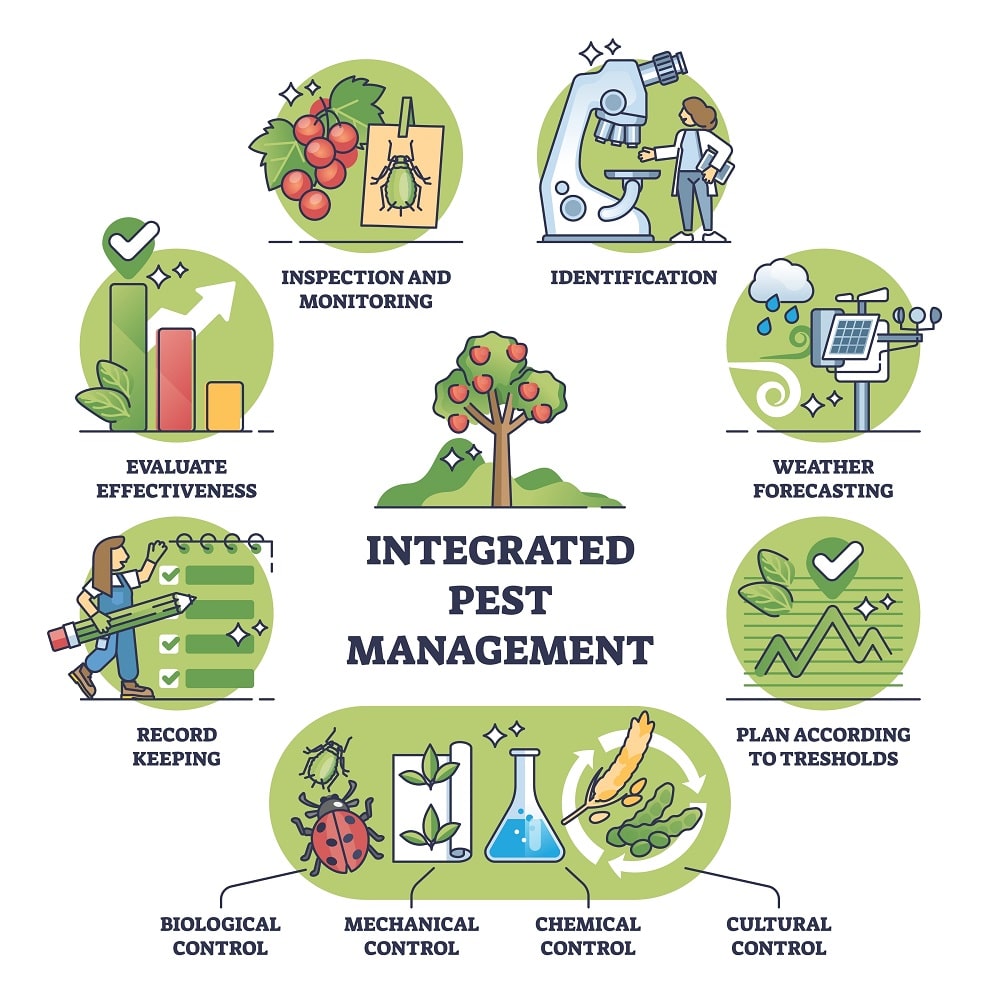As homeowners, ensuring your living environment is safe and pest-free often involves the use of pesticides. However, it’s essential to understand the regulations surrounding pesticides to make informed choices. Knowledge about pesticide regulations not only helps you protect your family and pets but also ensures responsible use that safeguards the environment. In this article, we’ll explore what homeowners need to know about pesticide regulations, their importance, and how to use pesticides safely and effectively.
What are Pesticides?
Pesticides are chemical substances used to prevent, eliminate, or control pests, including insects, weeds, fungi, and other unwanted organisms. They play a crucial role in protecting your home from harmful pests that can damage property or pose health risks.
Types of Pesticides:
- Insecticides: Target insects, controlling pests like ants, roaches, and mosquitoes.
- Herbicides: Control unwanted plants or weeds in gardens and lawns.
- Fungicides: Manage fungal infections that can affect plants or even household mold.
While pesticides offer effective pest control, using them responsibly is essential to minimize health risks and environmental impacts.

Regulatory Agencies and Their Roles
Pesticides are carefully regulated at both federal and state levels to ensure safe usage. The following regulatory bodies play crucial roles in overseeing pesticide management:
State Departments of Agriculture:
- Each state has its own Department of Agriculture, which works alongside the EPA to enforce local pesticide regulations. Responsibilities include:
- Licensing pesticide applicators and businesses.
- Conducting inspections to ensure compliance with regulations and safe practices.
- Providing educational resources for homeowners on safe pesticide use.
By adhering to both federal and state regulations, homeowners can play their part in responsible pesticide management.
Environmental Protection Agency (EPA):
- The EPA is the primary federal agency responsible for regulating pesticides in the United States. Its duties include:
- Evaluating and approving pesticides for use based on safety and effectiveness.
- Setting national standards for pesticide use in residential and agricultural settings.
- Enforcing compliance to ensure safe pesticide practices.
Consequences of Non-Compliance
Failing to adhere to pesticide regulations can lead to serious consequences for homeowners. Here’s what can happen if regulations are ignored:
Health Risks:
Improper pesticide use could pose health hazards for your family and pets. For instance, incorrect application may lead to exposure to harmful chemicals, resulting in poisoning or long-term health issues.
Legal Implications:
Homeowners can face legal penalties or fines for misusing pesticides, especially if it leads to environmental contamination or harm to endangered species. These repercussions can be costly and cause long-lasting damage to your reputation.
It’s essential to stay informed and comply with pesticide regulations to avoid these potential dangers.
Best Practices for Safe Pesticide Use
To ensure safe and responsible pesticide use, homeowners should follow these best practices:
Always follow the directions provided on the pesticide label, including dosage, application methods, and safety precautions.

At Emtec Pest Control, we are committed to safe and responsible pest control. We understand that your family’s safety is your number one priority, so we make it our priority, too.
If you have any other questions about any of these pests or pest control for your home or business, contact your Oklahoma pest control experts at Emtec Pest Control by calling us or by filling out our online contact form.

